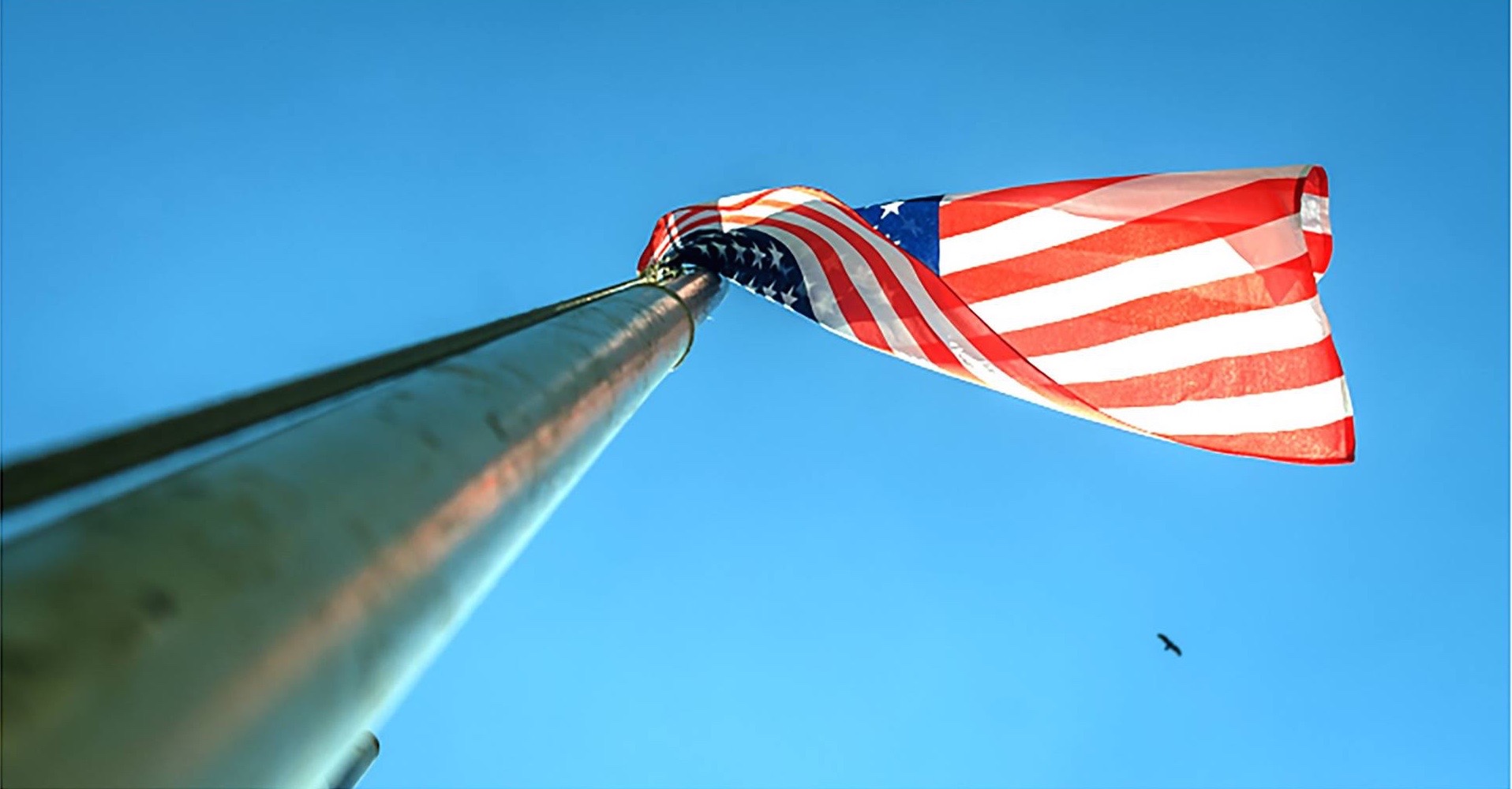
U.S. makes drastic changes in Cuba-related financing, exports and travel
Today (Tue 26 Jan.), the U.S. Department of Commerce’s Bureau of Industry and Security (BIS) and the U.S. Department of the Treasury’s Office of Foreign Assets Control (OFAC) announced new amendments to the Cuban Assets Control Regulations (CACR) and Export Administration Regulations (EAR), respectively.
These amendments further implement the new direction toward Cuba that President Obama laid out in December 2014. The changes will take effect on Jan. 27, 2016, when the regulations are published in the Federal Register. The new amendments, outlined below, will remove existing restrictions on payment and financing terms for authorized exports and reexports to Cuba of items other than agricultural items or commodities, and establish a case-by-case licensing policy for exports and reexports of items to meet the needs of the Cuban people, including those made to Cuban state-owned enterprises.
They will further facilitate travel to Cuba for authorized purposes by allowing blocked space, code-sharing, and leasing arrangements with Cuban airlines; authorizing additional travel-related and other transactions directly incident to the temporary sojourn of aircraft and vessels; and authorizing additional transactions related to professional meetings and other events, disaster preparedness and response projects, and information and informational materials, including transactions incident to professional media or artistic productions in Cuba.
[To read the reaction to the changes, click here.]
Effective Jan. 27, major elements of the changes in the revised regulations include:
FINANCING
- Restrictions on payment and financing terms for authorized exports and reexports, except for agricultural commodities and agricultural items, will be removed, and U.S. depository institutions will be authorized to provide financing, including, for example, issuing a letter of credit for such exports and reexports.
Currently, payment and financing terms for all authorized exports are restricted to cash-in-advance or third-country financing. Effective Jan. 27, 2016, examples of permissible payment and financing terms for authorized non-agricultural exports and reexports will include: payment of cash in advance; sales on an open account; and financing by third-country financial institutions or U.S. financial institutions.
OFAC is required by statute to maintain the existing limitations on payment and financing terms for the export and reexport of agricultural commodities and agricultural items.

EXPORTS
Additional amendments to increase support for the Cuban people and facilitate authorized exports.
- Certain Additional Transactions Authorized.
OFAC is expanding an existing general license to authorize certain additional travel-related transactions as are directly incident to the conduct of market research; commercial marketing; sales or contract negotiation; accompanied delivery; installation; leasing; or servicing in Cuba of items consistent with the export or reexport licensing policy of the Department of Commerce, provided that the travelerís schedule of activities does not include free time or recreation in excess of that consistent with a full-time schedule.
- Civil society.
BIS will generally approve license applications for exports and reexports of commodities and software to human rights organizations or to individuals and non-governmental organizations that promote independent activity intended to strengthen civil society in Cuba.
- News gathering.
BIS will generally approve license applications for exports and reexports of commodities and software to U.S. news bureaus in Cuba whose primary purpose is the gathering and dissemination of news to the general public.
- Telecommunications.
BIS will generally approve license applications for exports and reexports of telecommunications items that would improve communications to, from, and among the Cuban people.
- Agriculture.
BIS will generally approve license applications for exports and reexports of certain agricultural items (such as agricultural commodities not eligible for a license exception; insecticides; pesticides; and herbicides).
- Civil aviation safety.
BIS will generally approve license applications for exports and reexports of items necessary to ensure the safety of civil aviation and the safe operation of commercial aircraft engaged in international air transportation, including the export or reexport of such aircraft leased to state-owned enterprises.
- Meeting the needs of the Cuban people.
BIS is creating a case-by-case licensing policy that will apply to exports and reexports of items to meet the needs of the Cuban people, including exports and reexports for such purposes made to state-owned enterprises and agencies and organizations of the Cuban government that provide goods and services to the Cuban people.
Examples of exports and reexports eligible for this licensing policy are items for: agricultural production; artistic endeavors (including the creation of public content, historic and cultural works and preservation); education; food processing; disaster preparedness, relief and response; public health and sanitation; residential construction and renovation; public transportation; and the construction of infrastructure that directly benefits the Cuban people (e.g., facilities for treating public water supplies and supplying energy to the general public).
- A general policy of denial will still apply to exports and reexports of items for use by state-owned enterprises, agencies, or other organizations of the Cuban government that primarily generate revenue for the state, including those in the tourism industry and those engaged in the extraction or production of minerals or other raw materials.
Additionally, applications to export or reexport items destined to the Cuban military, police, intelligence and security services remain subject to a general policy of denial.
AIR CARRIER SERVICES
- The entry into blocked space, code-sharing, and leasing arrangements to facilitate the provision of carrier services by air, including the entry into such arrangements with a national of Cuba, will be authorized.
TRAVEL
- Temporary Sojourn.
Certain personnel who are operating or servicing vessels or aircraft will be authorized to engage in travel-related and other transactions in Cuba to facilitate the temporary sojourn of aircraft and vessels as authorized by the Department of Commerce in connection with the transportation of authorized travelers between the United States and Cuba.
- Information and informational materials.
OFAC will authorize travel-related and other transactions directly incident to professional media or artistic productions of information or informational materials for exportation, importation, or transmission, including the filming or production of media programs (such as movies and television programs); music recordings; and the creation of artworks in Cuba by persons that are regularly employed in or have demonstrated professional experience in a field relevant to such professional media or artistic productions.
OFAC will also be expanding an existing general license to authorize transactions relating to the creation, dissemination, or artistic or other substantive alteration or enhancement of informational materials, including employment of Cuban nationals and the remittance of royalties or other payments.
- Professional meetings.
OFAC will authorize by general license travel-related and other transactions to organize professional meetings or conferences in Cuba. The existing general license authorizes only attendance at such meetings or conferences.
- Public performances, clinics, workshops, athletic, and other competitions and exhibitions.
Similar to the change to the professional meetings category, OFAC will authorize by general license travel-related and other transactions to organize amateur and semi-professional international sports federation competitions and public performances, clinics, workshops, other athletic or non-athletic competitions, and exhibitions in Cuba.
OFAC also will remove requirements that that U.S. profits from certain events must be donated to certain organizations and that certain events be run at least in part by U.S. travelers.
- Humanitarian projects.
OFAC will expand the list of authorized humanitarian projects to include disaster preparedness and response.
[Photos by Carlos Ernesto Escalona Martí (Kako).]

